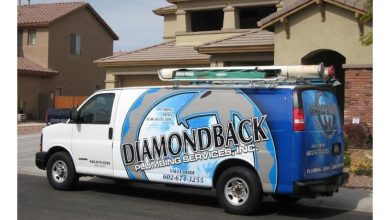Factors that Determine Home Value for a House

The value of a home is often determined by the type of house, its location, and the amenities it offers. These factors can all have an impact on the value of your home. The real estate market and availability of comparable homes also factor into the final valuation. If you’re looking to purchase a home, knowing how much you can reasonably expect to pay for it as well as what properties are worth in your area will give you a good sense of whether or not your budget and expectations are realistic. Here are some of the many factors that determine home value and home store.
Location
The location of your house is one of the biggest factors when determining its value. Some locations are more desirable than others and will, therefore, have higher home values. A good rule of thumb is that the closer you are to the city centre, the more your property will be worth. This is because being close to the city centre usually equates to a higher level of convenience and desirability.
Another important factor to consider when determining the value of a home based on its location is the school district. In most cases, the home values in a given school district are higher than those outside of it. This is because homeowners in a given school district can send their children to a nearby, high-quality school.
Age of the home
Newer homes are often more desirable than older ones. This is mainly because there are fewer repairs and maintenance issues with newer houses. The good news is that the price of newer homes is often higher than that of older ones. This is because they’re usually in better shape and come with more modern conveniences. Additionally, they usually have fewer maintenance costs than older homes.
Generally speaking, the older the home, the more likely it is to require maintenance. This will have an impact on the home’s value. However, the good news is that older homes are often more affordable. Depending on how old your home is, you may be able to get a better deal than someone who’s trying to sell a newer home in the same area.
Condition of the house
The condition of the house also factors into the final valuation. Keep in mind that buyers will want a home in excellent condition. This gives you less wiggle room as a seller if there are major repairs that you’re responsible for. If a buyer is having trouble obtaining financing for your house, its condition of it will likely be cited as the reason.
If you’re selling a house that requires repairs, you’ll likely have to account for the cost of repairs to the home’s value when setting a price. If the repairs are minor and can be fixed quickly, they probably won’t have much of an impact on the home’s value. However, if the repairs require a significant amount of time and money, they’re going to hurt the home’s value.
Type of housing
The type of housing you’re selling will also factor into the final valuation. For example, single-family houses are generally worth more than condos or townhouses. Single-family homes are often in high demand, making them a more desirable investment. They’re also larger and typically have more space. This means that they’re perfect for families with growing children, multiple pets, or anyone else who needs a little extra space.
Condo and townhouse prices are generally lower than single-family home prices. The reason for this is that condos and townhouses are generally smaller and have fewer amenities. This makes them a good choice for people who want to live in a more urban or densely populated area.
Amenities
The amenities your home offers will also factor into the final valuation. This includes the condition of the amenities and any special features, such as a stunning view or a pool. If the amenities in your home are in great condition and have a high value, they’ll have a positive impact on the home’s value. This is especially true if there aren’t many other homes in your area that offer similar amenities. If the amenities in your home are outdated or in poor condition, they’ll hurt the home’s value. Again, this is especially true if there aren’t many other homes in your area that offer these same amenities.
Conclusion
The value of a home is determined by several factors. The most important is the condition of the property and how desirable the location is. Other factors, such as the age of the home and the type of housing, also factor into the equation. In addition to needing to invest in repairs and maintenance, older homes are often cheaper than newer ones.









